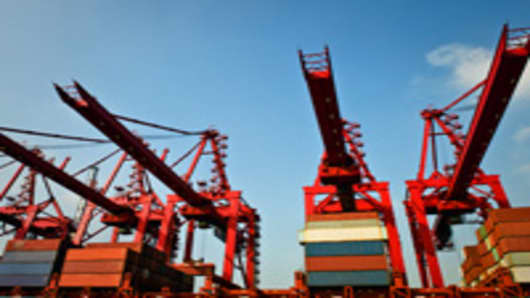President Hu Jintao visits the United States, leader of an industrial juggernaut and heir apparent to American global economic leadership.
China is growing at a breakneck pace, its exporters capturing a lion’s share of global markets in strategic industries, and its citizens enjoy rising prosperity and economic security.
The United States endures a mediocre growth, its businesses fleeing for Asia and Russia, and its citizens endure falling wages and uncertain futures.
This is not how the historic struggle between socialism and capitalism was to end, but it is how President Obama willed it.
Abroad, the President refuses to defend American capitalism, and at home, he recklessly abuses private enterprise.
International competition between China and the United States is governed by rules—spelled out by the World Trade Organization and other agreements. President Obama has stood idle while China violates the letter and spirit of those rules to boost exports, restricts imports and enjoy steroidal growth that handicaps U.S.-based businesses and destroys American jobs.
Economists no less prominent than Federal Reserve Chairman Ben Bernanke, Nobel Laureate Paul Krugman, and former Assistant Treasury Secretary Fred Bergsten have joined me in enumerating how China’s undervalued yuanaffords its exports huge subsidies, slows U.S. growth and raises unemployment.


